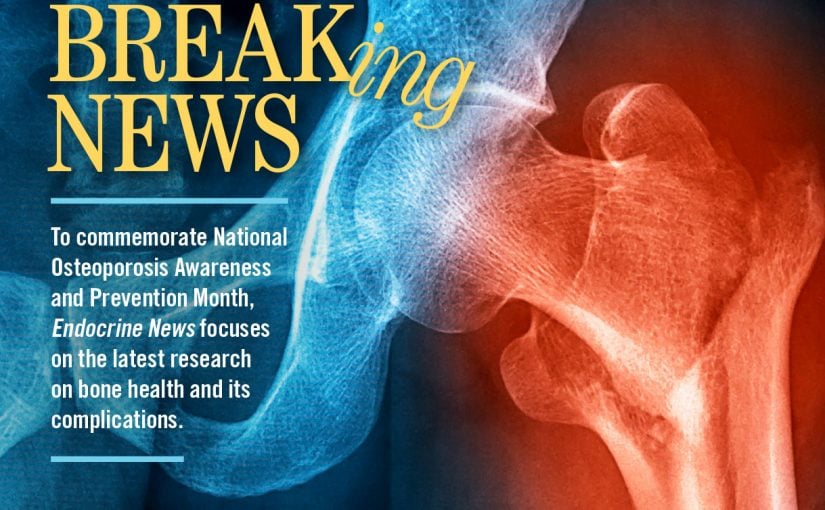
Christopher B. Newgard, PhD
Outstanding Innovation Award
Christopher B. Newgard’s professional career has been devoted to metabolic research. Within the Sarah W. Stedman Nutrition and Metabolism Center and Duke Molecular Physiology Institute (DMPI) where he is the director, he has developed a suite of comprehensive molecular profiling platforms across the “omics” sciences to support the work of his own laboratory and numerous others at Duke and outside institutions. In particular, he leverages these platforms to gain deeper understanding of dysregulated metabolic function in cardiometabolic diseases, including obesity, diabetes, cardiovascular diseases, and kidney diseases.
Indeed, Dr. Newgard has developed one of the most active and collaborative metabolomics laboratories in the world and has used these tools for defining mechanisms underlying pandemic metabolic disorders. For example, he has shown that a cluster of metabolites from the branched‐chain amino acid (BCAA) catabolic pathway is more strongly associated with insulin resistance than other metabolite clusters, including lipid‐related clusters, in humans; and in animal studies, BCAA supplementation exacerbates insulin resistance, whereas BCAA restriction improves insulin action. Remarkably, the BCAA‐related metabolite cluster is predictive of diabetes intervention outcomes at baseline, and strongly responsive to such interventions. Moreover, the BCAA‐related signature is influenced by the gut microbiome and may also contribute to obesity‐associated behavioral abnormalities.
Dr. Newgard has developed one of the most active and collaborative metabolomics laboratories in the world and has used these tools for defining mechanisms underlying pandemic metabolic disorders.
Furthermore, he has a major interest and an extensive track record in research on pancreatic islet biology. Using differentially glucose‐responsive insulinoma cell lines created in the Newgard laboratory, NMR‐based analysis was applied to demonstrate that glucose‐stimulated insulin secretion (GSIS) is tightly correlated to pyruvate anaplerosis and cycling activity rather than pyruvate oxidation. He subsequently demonstrated that a pyruvate/isocitrate/glutathione pathway is a potent regulator of GSIS, and that intermediates in this novel pathway are able to rescue function in glucose unresponsive islets from humans with type 2 diabetes. Dr. Newgard has also demonstrated that overexpression of the homeobox transcription factor Nkx6.1 in pancreatic islets simultaneously enhances GSIS and β‐cell replication. This rare dual effect has led the group to explore the pathways activated by Nkx6.1. Nkx6.1 enhances GSIS by induction of a prohormone, VGF, which is processed to yield multiple peptides, including TLQP‐21, which is insulinotropic, protective against apoptotic agents, and able to attenuate onset of hyperglycemia in a rat model of type 2 diabetes.
:
Established in 2013, this award is presented to recognize an individual or team of people who have demonstrated innovation to further endocrine research or practice in support of the field of endocrinology, patients, and society at large.

